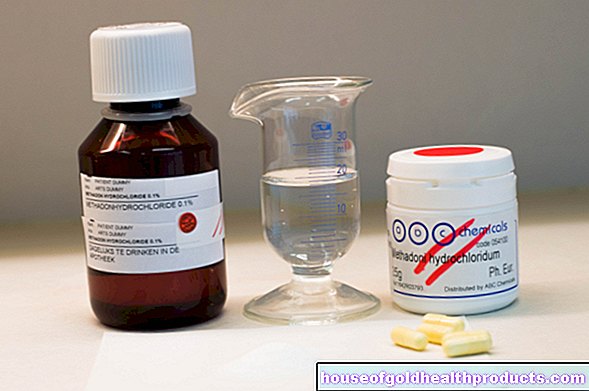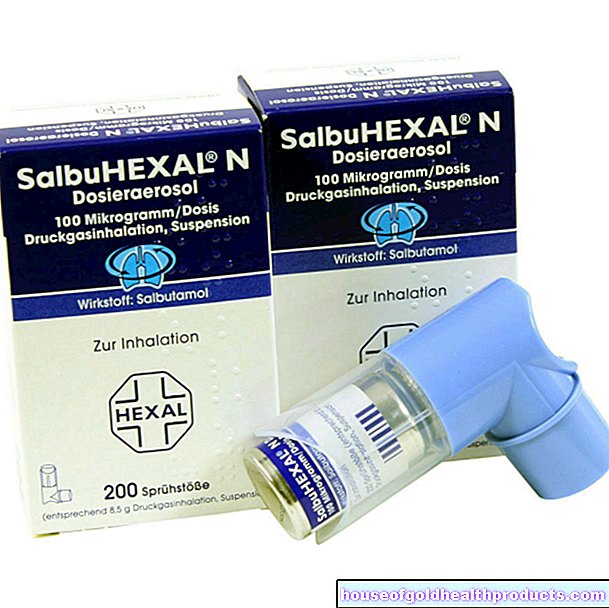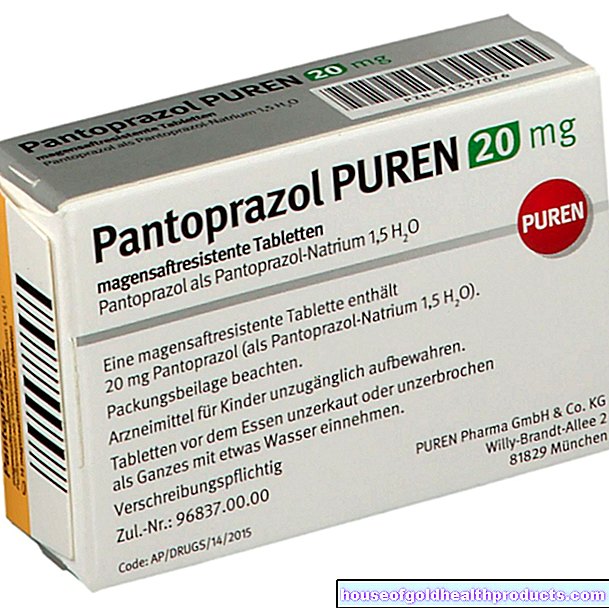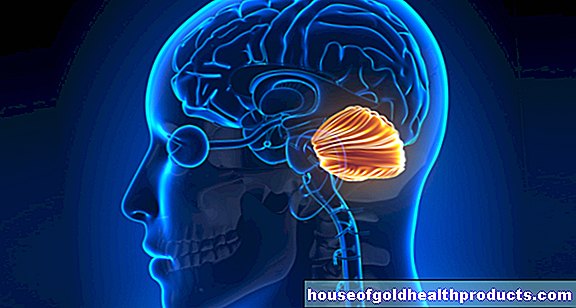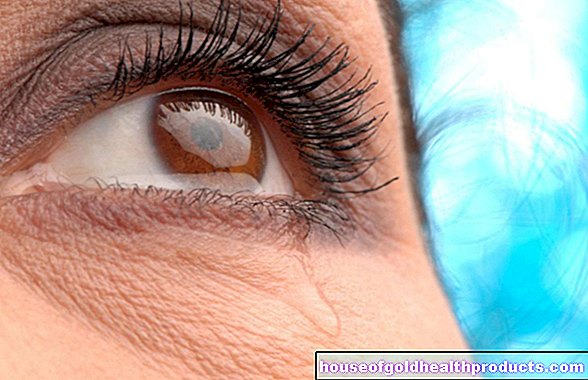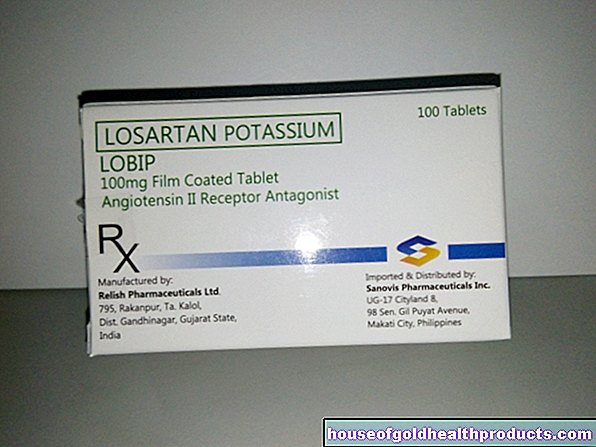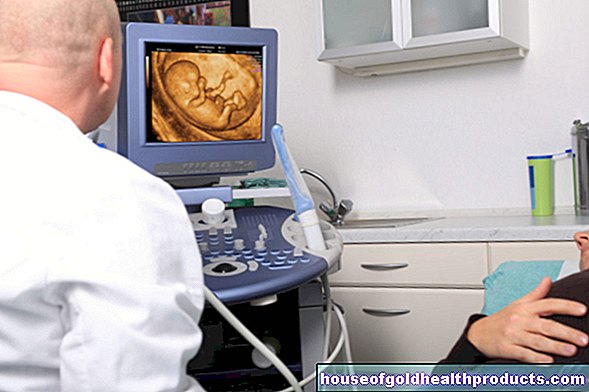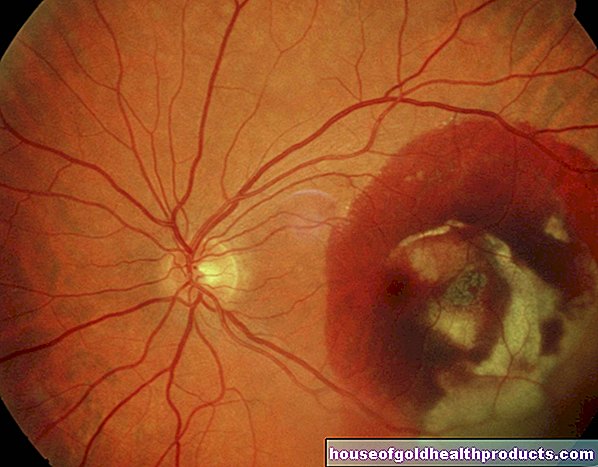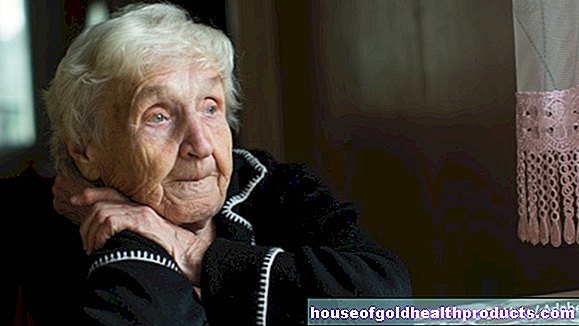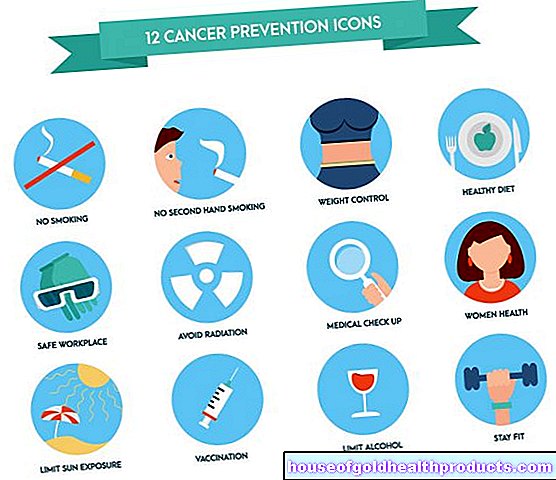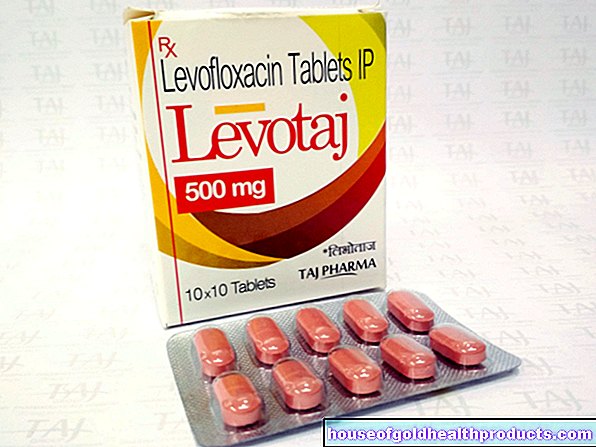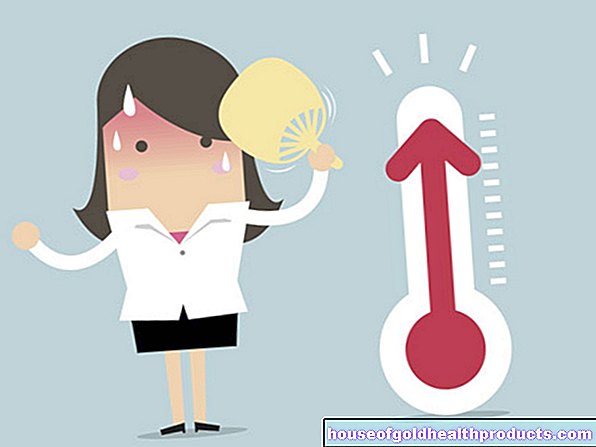Irritable bladder medication
Updated onClemens Gödel is a freelancer for the medical team.
More about the experts All content is checked by medical journalists.Various irritable bladder medications are available to treat an overactive bladder. In most cases, these are so-called anticholinergics. These are effective at reducing symptoms, but can have significant side effects. You can find out more about irritable bladder medication here!
ICD codes for this disease: ICD codes are internationally recognized codes for medical diagnoses. They can be found, for example, in doctor's letters or on certificates of incapacity for work. N32N31
Anticholinergics against irritable bladder
Drug therapy for the irritable bladder is often prescribed to accompany behavior adjustment and bladder training. In most cases, irritable bladder drugs come from the group of anticholinergics. These active ingredients inhibit nerves that are involved in irritable bladder symptoms. They do this by blocking certain docking points (receptors) for the neurotransmitter acetylcholine.
Such receptors are found all over the body and come in different types. The receptor subtypes M2 and M3 are found in the area of the urinary bladder. The M3 receptor in particular has to be blocked in order to inhibit the urinary bladder muscles. However, if the irritable bladder medication also affects other receptor subtypes, there may be (significant) side effects.
Contraindications
Irritable bladder anticholinergic drugs should not be used in certain cases. These contraindications include, for example, untreated glaucoma (glaucoma), mechanical constrictions (stenoses) in the gastrointestinal tract and urinary retention.
Side effects and interactions
Taking anticholinergics can be associated with a number of side effects. These can primarily affect the eyes, gastrointestinal tract, and central nervous system.Patients mainly complain of dry mouth and eyes and constipation. The cognitive function can also be influenced by anticholinergics, which is particularly important in older patients.
Because of such side effects, some patients discontinue irritable bladder anticholinergic medication on their own. But that is by no means advisable. Instead, patients should seek a discussion with the treating doctor. It may be possible to adjust the dose or switch to a better tolerated preparation.
Before the doctor prescribes anticholinergic drugs, he must clarify whether the patient is taking other drugs and, if so, which ones. When taking anticholinergic irritable bladder medication and certain other active ingredients at the same time, interactions are possible.
Choosing the right anticholinergic
There are a large number of different preparations from the group of anticholinergics. The attending physician will decide which of these is most useful in which dosage in each individual case.
Oxybutinin and tolterodine are used particularly frequently as irritable bladder drugs - they have relatively few side effects. Oxybutinin can be used as a tablet or active substance patch (transdermal patch). Sometimes the active ingredient is introduced directly into the bladder as a solution.
Other anticholinergics that are suitable for irritable bladder therapy include darifenacin and trospium chloride.
Local estrogen therapy
In some women, irritable bladder symptoms can be traced back to a lack of estrogen, especially after menopause. So-called local estrogenization is usually carried out for them. The hormones are introduced into the vagina as a cream. This should strengthen the elasticity of the pelvic floor with permanent use. When compared with placebos, it was found that women with overactive bladders have been shown to benefit from this.
More irritable bladder medication
Beta-3 receptor agonists such as mirabegron can also be used as irritable bladder medication. In contrast to the anticholinergics, they stimulate the receptors for the neurotransmitter norepinephrine. This stimulation has the consequence that the bladder muscles are inhibited - this combats incontinence. The side effects should be slightly less than with the anticholinergics.
If anticholinergics etc. do not help enough, Botox injections can be tried. The nerve poison acts locally on the nerves of the bladder and helps to suppress the excessive urge to urinate. However, the duration of such an injection is limited to six months. Nevertheless, patients often experience a noticeable improvement in their quality of life as a result.
If none of the irritable bladder medication works, other therapeutic methods can be considered - such as sacral neuromodulation. Read more about it here.
Tags: sleep alternative medicine stress

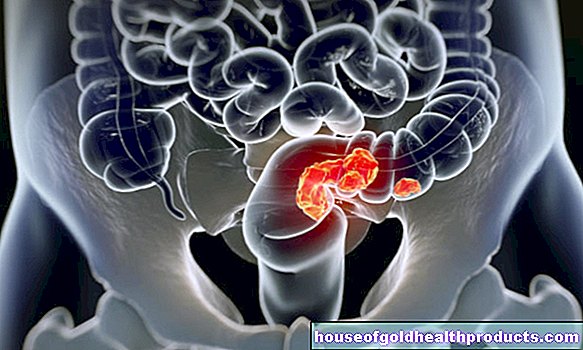


.jpg)



